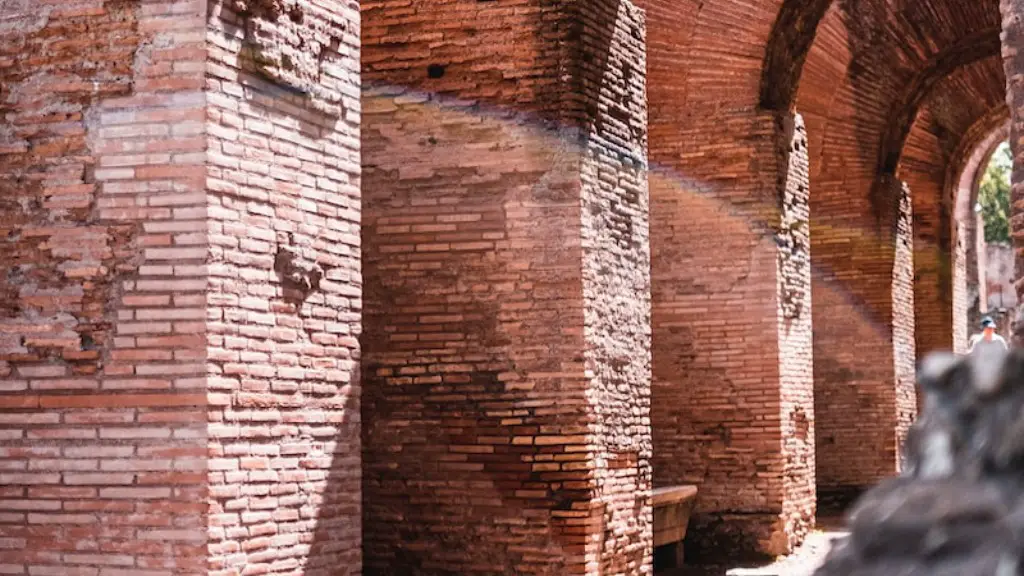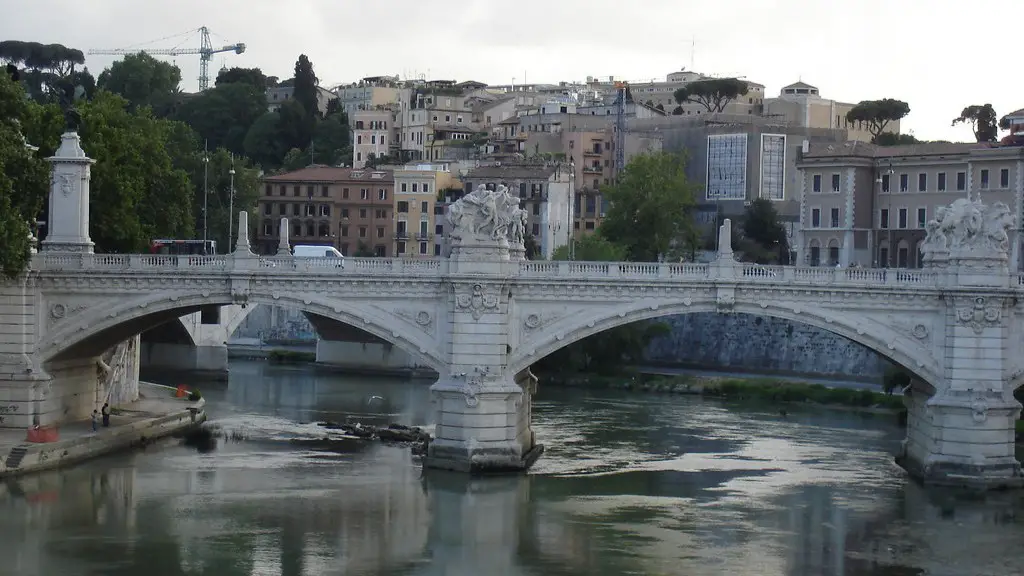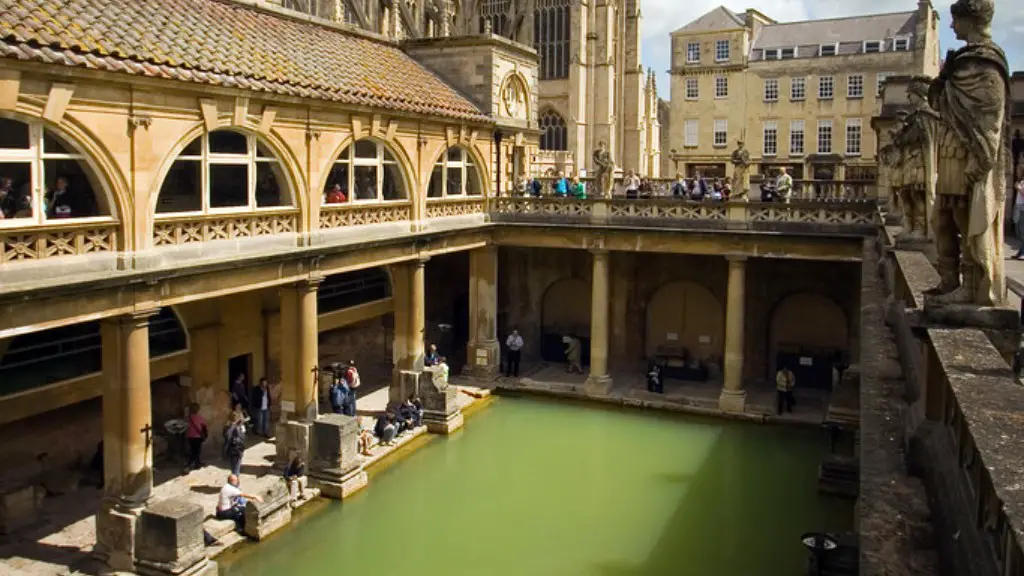Ancient Rome remains one of the most fascinating civilizations in human history, and its values remain influential for people living in the modern age. Ancient Rome was home to some of the most sophisticated, cosmopolitan and influential societies in the ancient world. Ancient Romans valued community, strength, and principle.
Rome was a highly stratified society, with social classes ranging from the elite of the patrician class, to the plebeians, the lower working class. Wealth and power were concentrated in the hands of the patrician class, who held the majority of the political power in Rome. Despite the unequal power structure between the classes, ancient Romans had a deep sense of social cohesion and responsibility. They believed in public spiritedness, or the idea that it was each individual’s responsibility to contribute to the collective well-being of the community. This was reflected in their emphasis on collaboration, friendship, and family ties.
The ancient Romans also had great respect for strength and bravery. Honor was highly prized, and bravery in battle was greatly admired. This was reflected in the Roman army’s success in conquering much of the Western world. Military prowess was a source of pride for the people of Rome and was often celebrated in monuments and artwork.
In addition to strength and courage, the ancient Roman people also valued principles such as justice and honor. Justice was seen as essential to maintaining an orderly and peaceful society, and violations of justice could bring severe punishments. Honor was seen as a cornerstone of Roman society and was held in the highest regard. Without honor, the Romans believed, their social order would crumble.
The values of ancient Rome are still seen in many aspects of modern life. From the valuing of community to the emphasis on strength and honor, we can still see the influence of Rome’s values in our lives today.
Education
Ancient Rome was a highly literate society, especially amongst the wealthy and educated. Reading and writing were prized skills and much of Roman literature and art reflects this. Education was highly valued and was seen as important for individuals to be able to make educated and informed decisions. Although education was primarily restricted to the wealthier classes, it was still seen as an important part of Roman society as a whole. Education was seen as a way to develop a sense of knowledge and understanding which in turn helped to contribute to the well-being of the society as a whole.
Business
Ancient Rome was also a highly developed economic power. Business and commerce were at the heart of the Roman economy. Although the economy was largely agricultural, there was a great emphasis on domestic and international trade as well. Commerce was seen as a way to generate wealth and improve the lives of citizens. Roman businessmen and traders valued principles such as fairness, honesty, and integrity.
Religion
Religion was an important part of the Roman way of life. Most Romans practiced polytheism and followed the pagan gods of their ancestors. Ancient Romans believed in offering praise and sacrifice to the gods to ensure a successful harvest and avert disasters. Religion was practiced in many different forms, including in temples and private homes. Most Romans also valued a reverence for the gods and a respect for their power.
Power & Politics
The Roman Republic was a powerful and influential state in the ancient world. Its government was highly advanced and strongly hierarchical. The Roman Senate was the ultimate source of power in the Roman state, and it was composed of wealthy patrician families who held the majority of the political power. The Senate was charged with the task of making laws and managing the state’s affairs. Political power in Rome was concentrated in the hands of a few wealthy and powerful families, who ruled with great influence over the masses.
Law & Order
Rome was a highly regimented and organized society, with a strong emphasis on law and order. Laws and punishments were enforced strictly and punishments for violations of the law were severe. Ancient Roman law was largely based on a system of retribution, where wrongdoers were expected to pay for the wrongs they had committed. This system of punishment ensured that justice was served and helped to maintain order in Roman society.
Culture & Arts
Ancient Rome was a highly advanced civilization, with sophisticated art and culture. Ancient Romans were renowned for their artistry and sculpture, and many of their works still survive to this day. Plays, poetry, and literature were also highly valued, and the legacy of Roman culture continues to be seen in modern culture. The legacy of Ancient Rome can also be seen in the architecture of the Western world, with the ancient column style still being used today.


